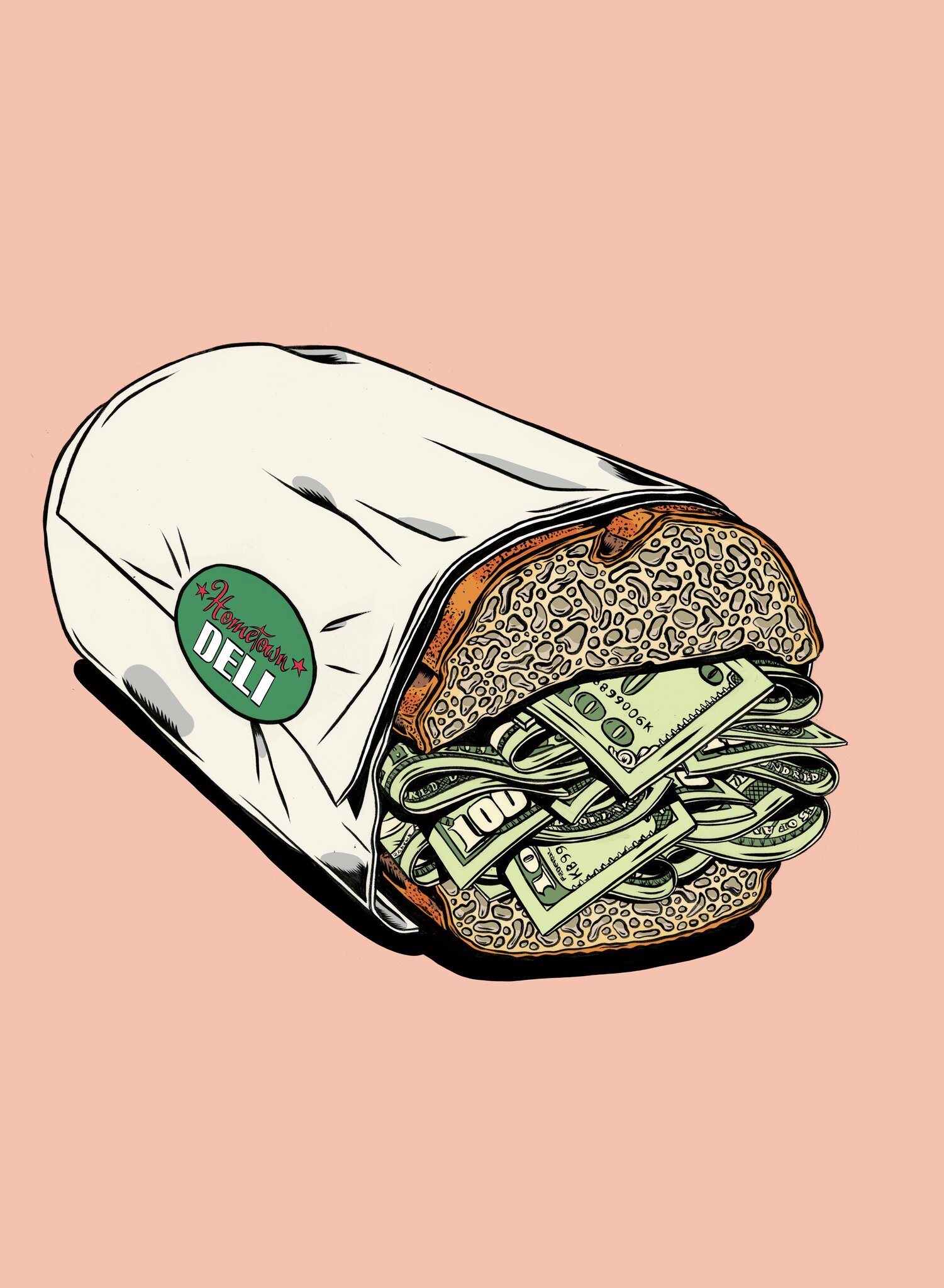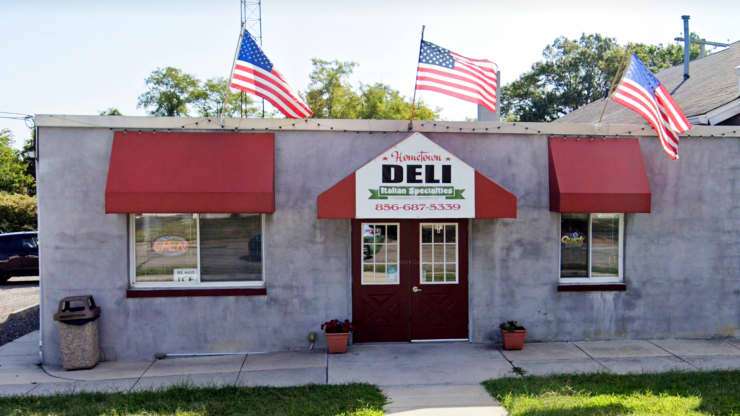Supreme Court Decides Merrill Lynch, Pierce, Fenner & Smith Inc. v. Manning
Chuck Webber, Jeffrey P. Justman, James G. Martignon, 05 May 2016
On May 16, 2016, the Supreme Court of the United States decided Merrill Lynch, Pierce, Fenner & Smith Inc. v. Manning, No. 14-1132, holding that that the “arising under” test for federal-question jurisdiction under 28 U.S.C. § 1331 determines whether federal courts have exclusive jurisdiction under section 27 of the Securities Exchange Act of 1934 (the “Exchange Act”) of lawsuits to enforce liabilities or duties created by that Act. (The Court did not address the portion of section 27 that gives federal courts exclusive jurisdiction of “violations of this chapter or the rules and regulations thereunder” with respect to criminal and regulatory enforcement actions.)
Greg Manning owned stock in Escala Group, Inc., a company traded on the NASDAQ. Between 2006 and 2007, Escala’s share price plummeted and Manning lost most of his investment. Manning blamed Merrill Lynch and other financial institutions for devaluing Escala during that period through “naked short sales” of its stock, under which one borrows stock from a broker and sells it to a buyer on the open market, but never delivers the shares back to the buyer. “Naked” short sales of stock may be designed to drive down a company’s stock price, and are accordingly regulated by Regulation SHO. Continue reading “Article: Supreme Court Decides Merrill Lynch, Pierce, Fenner & Smith Inc. v. Manning”
 In a letter to his investors this April, David Einhorn, founder of the hedge fund Greenlight Capital and a well-known short-seller, complained that the stock market was in a state of “quasi anarchy.” As one piece of evidence, he pointed to Elon Musk, whose commentary on Twitter, Einhorn said, amounted to market manipulation. “The laws don’t apply to him, and he can do whatever he wants,” Einhorn noted. As another example, he cited a restaurant in rural New Jersey called Your Hometown Deli, which despite making $13,976 in revenue last year had somehow attained a value of $113 million on the stock market. Continue reading “Article: The Mystery of the $113 Millıon Deli”
In a letter to his investors this April, David Einhorn, founder of the hedge fund Greenlight Capital and a well-known short-seller, complained that the stock market was in a state of “quasi anarchy.” As one piece of evidence, he pointed to Elon Musk, whose commentary on Twitter, Einhorn said, amounted to market manipulation. “The laws don’t apply to him, and he can do whatever he wants,” Einhorn noted. As another example, he cited a restaurant in rural New Jersey called Your Hometown Deli, which despite making $13,976 in revenue last year had somehow attained a value of $113 million on the stock market. Continue reading “Article: The Mystery of the $113 Millıon Deli”
 Shell companies sure make strange bedfellows.
Shell companies sure make strange bedfellows.